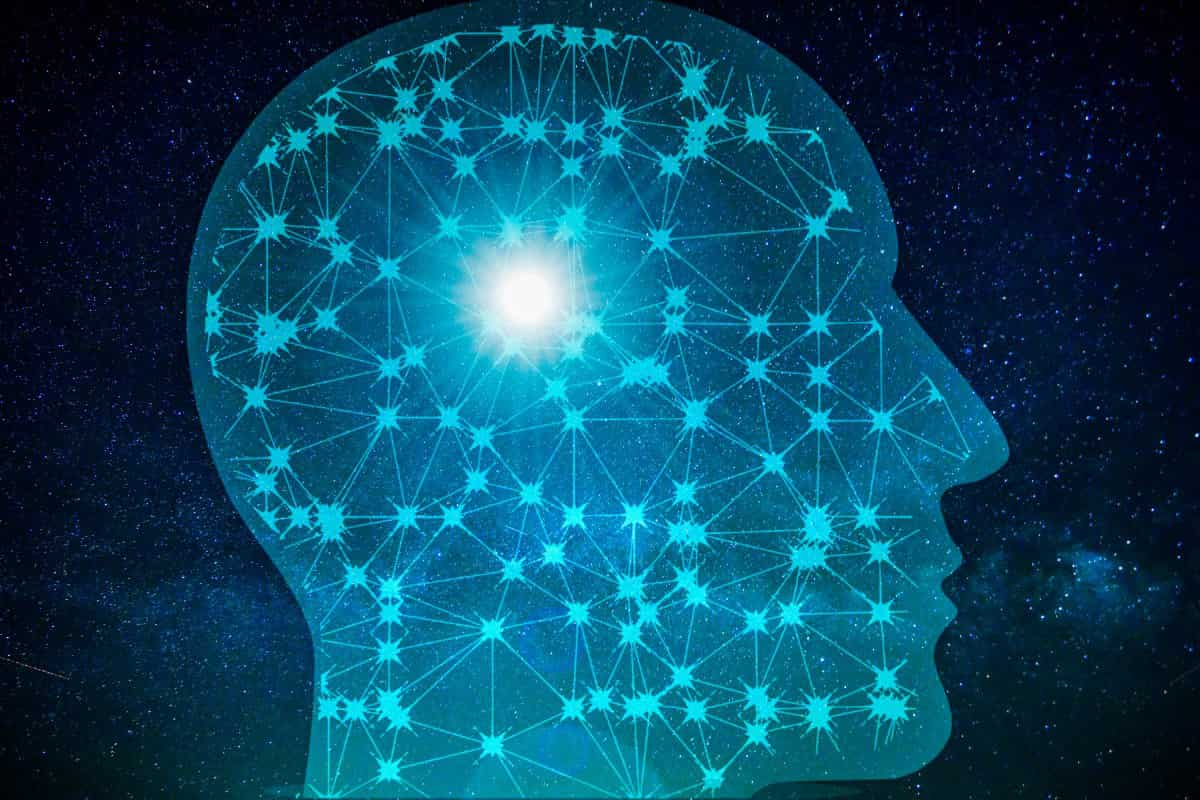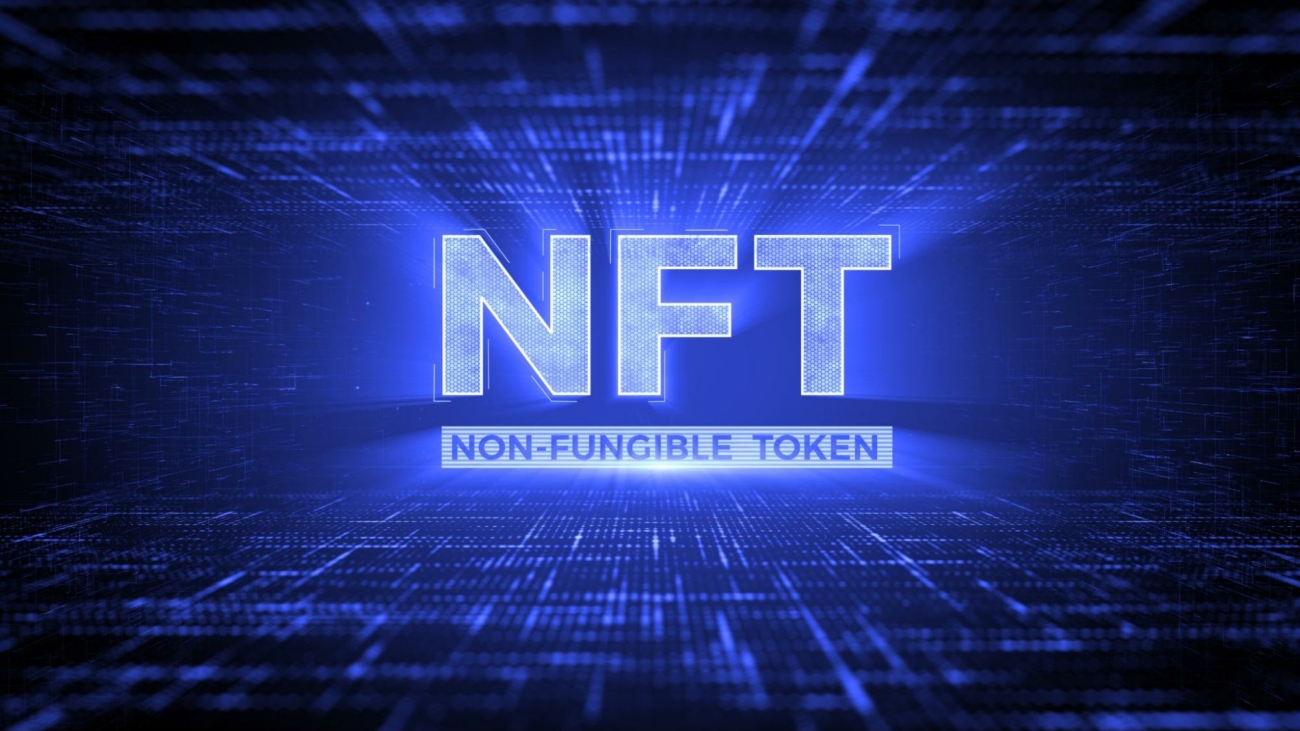The acronym NFT stands for “Non-Fungible Token” and refers to records in the blockchain that transform digital files into unique works of art. These records make it possible to verify the authenticity of said works, turning them into unique and verifiable pieces. Each of these works of art are unique thanks to the code given to them, which cannot be changed. This means that the work can never be copied or plagiarised since its code will always be different.
NFTs make it possible to issue certificates of authenticity and grant exclusive ownership of the author, thus ensuring that the work cannot be plagiarised or lost. So what do we really buy when we pay for an NFT? Do we acquire any rights to the work? What legal aspects about the relationship between NFTs and Copyright should we take into account? This is exactly what we are going to discuss today.
What do we buy when we pay for an NFT?

It is essential to understand that ownership of an NFT and owning the intellectual property rights to an asset or work of art (copyright in the case of digital art) are two different concepts. Intellectual property rights to an NFT belong to its creator, whereas the buyer only acquires the code/token in the NFT and not the asset/work of art itself. In general, one DOES NOT obtain intellectual property or commercial rights when purchasing NFTs.
When an NFT is acquired, we are paying for a unique work whereby the buyer is granted exclusive ownership to the same. Taking into account that it is a digital asset that cannot replaced as there is no other like it. What we really buy when paying for an NFT is nothing more than a cryptographic token or digital certificate of authenticity that, through blockchain technology, is associated with a single digital file.
The parties, however, may enter into an agreement whereby the copyright is transferred to another person or entity. Economic rights and moral rights are some of the copyrights that may be transferred.
Economic rights include the ability of the NFT’s author to prohibit or authorise the reproduction of their work, its interpretation or adaptation, among others. As for moral rights, the author’s right to claim authorship of the work and the right to oppose any modification that may harm their reputation as its creator is recognised.
Legal aspects about the relationship between NFTs and Copyright

Copyright protects and attributes authorship to a person who has created a work. It also provides certain rights as an author, including moral and economic rights. In this sense, the most important legal aspect to take into account is the copyright of the acquired work and knowing how to differentiate between the buyer’s rights and the original author’s rights.
Ultimately, NFT buyers, unless otherwise explicitly set forth in a contract, will only have the right to own, sell, loan or transfer the NFT itself. Unless they own the copyright, they do not have the right to make or sell copies of the digital art, transfer the copyright over the work, or create derivative works based on the original.
Are you a creator of NFTs and do you need advice on legal matters regarding the intellectual property of your creations? Contact us!


